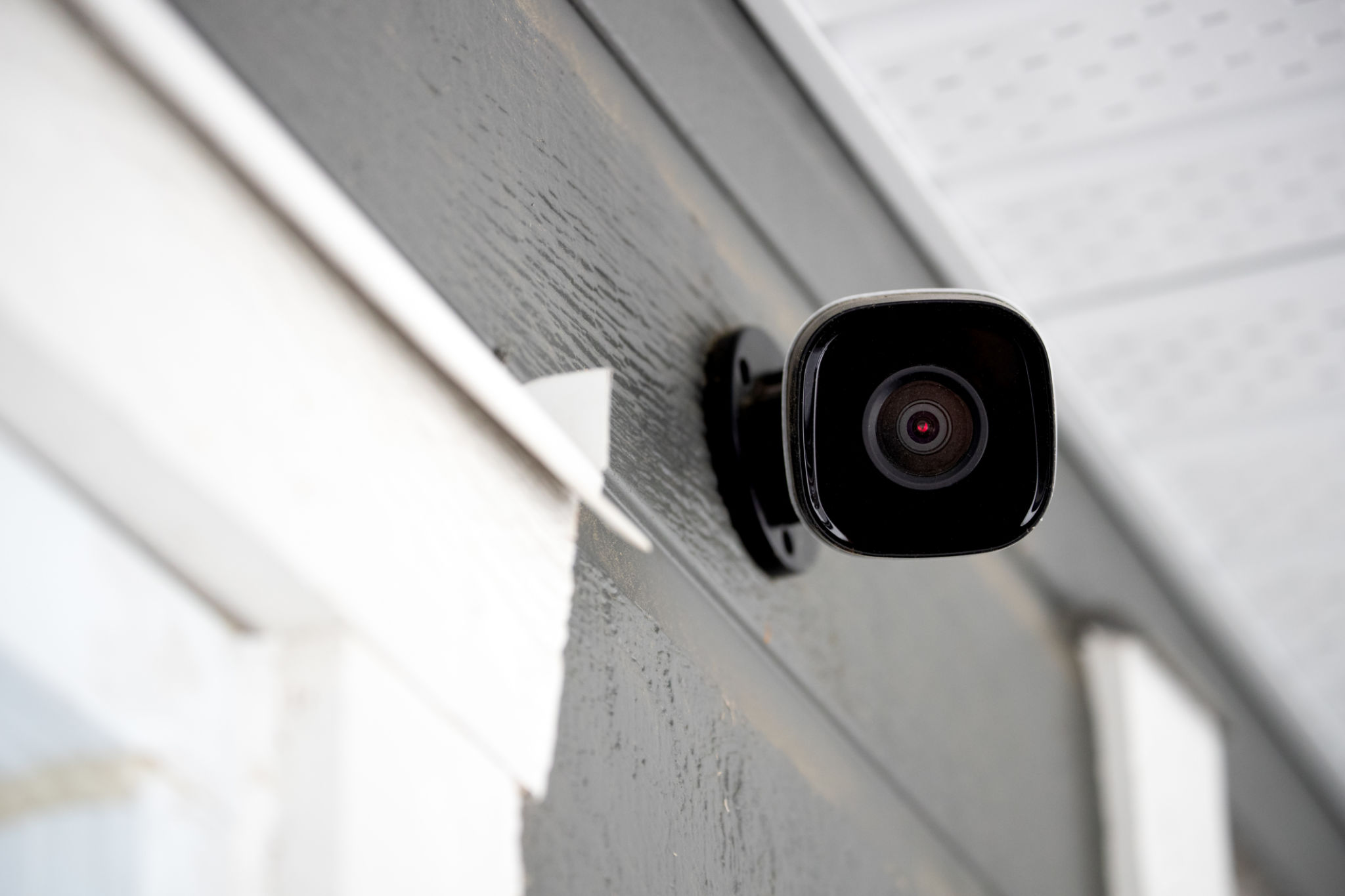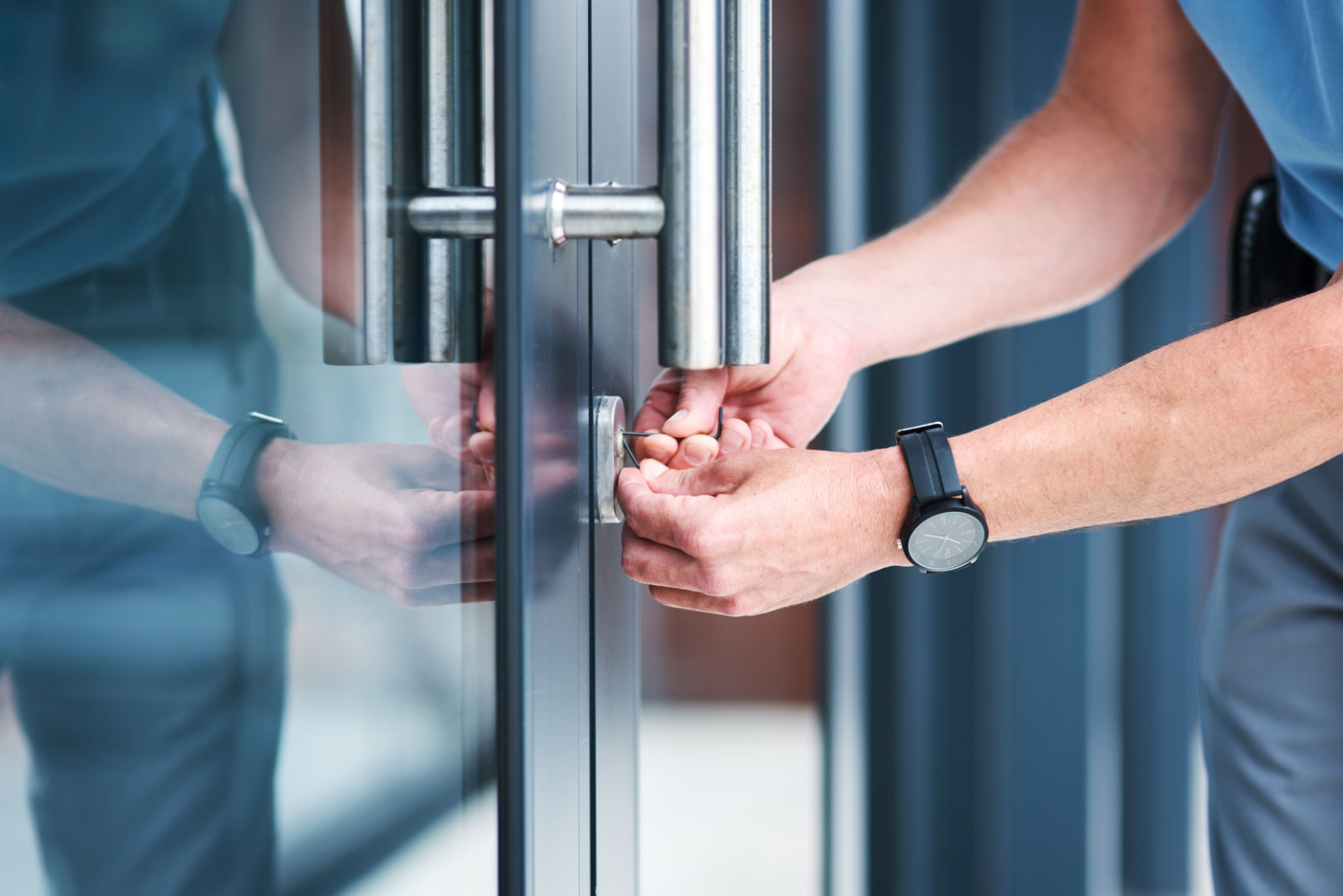Common Misconceptions About Home Lock Security: Debunked
The Importance of Home Lock Security
Home security is a top priority for homeowners everywhere. Yet, despite its importance, there are many misconceptions surrounding the efficacy and necessity of home lock security. Understanding these myths and learning the truth can help you make informed decisions about protecting your property.

Myth 1: All Locks Are Created Equal
One of the most common misconceptions is that all locks offer the same level of security. This couldn't be further from the truth. Locks come in various grades, with differing levels of durability and resistance to tampering. Investing in a high-quality lock can make a significant difference in safeguarding your home.
Locks are generally graded by organizations such as the American National Standards Institute (ANSI) or the Builders Hardware Manufacturers Association (BHMA). These grades help consumers understand the strength and durability of different locks. Opting for a Grade 1 lock, which offers the highest level of security, is often advisable for exterior doors.
Myth 2: Deadbolts Are Unnecessary
Some people believe that a standard doorknob lock is sufficient for home security. However, deadbolts provide an additional layer of protection that is crucial for preventing break-ins. A deadbolt extends deeper into the door frame, making it much harder for intruders to force the door open.

When installing a deadbolt, ensure it is made from hardened steel and has a one-inch "throw," which refers to the length of the bolt. This enhances its strength and prevents easy tampering. Combining a high-quality deadbolt with a robust door frame can significantly increase your home’s security.
Myth 3: Smart Locks Are Easy to Hack
With the rise of smart home technology, many homeowners are turning to smart locks for convenience and enhanced security features. However, some are wary, believing these locks are easily hacked. While no system is entirely impervious to hacking attempts, smart locks often come with advanced encryption technologies and two-factor authentication, making them quite secure.
Regularly updating the firmware and using strong, unique passwords can further boost the security of smart locks. Additionally, many smart locks allow you to monitor access logs and control entry remotely, giving you more oversight over who enters your home.

Myth 4: Home Security Systems Make Locks Redundant
While it's true that home security systems provide an additional layer of protection, they should not replace quality locks. Security systems are designed to alert you and authorities to potential intrusions but do not prevent entry like a lock does. Locks serve as the first line of defense against unauthorized access.
Integrating both locks and a home security system creates a comprehensive barrier against threats. Consider using cellular or battery backups for your security system to ensure it remains operational during power outages.
Myth 5: DIY Lock Installation Is Adequate
Many homeowners opt for a DIY approach when installing locks, believing it saves money and time. However, improper installation can compromise the effectiveness of even the most robust locks. Professional locksmiths have the expertise to install locks correctly, ensuring maximum security for your home.
Hiring a professional ensures that all components are properly aligned and secured, reducing the risk of failure. Additionally, locksmiths can assess your home’s specific needs and recommend the best types of locks for different entry points.

By debunking these common myths about home lock security, homeowners can take proactive steps in safeguarding their residences. Understanding the importance of quality locks and professional installation can make all the difference in protecting what matters most.
